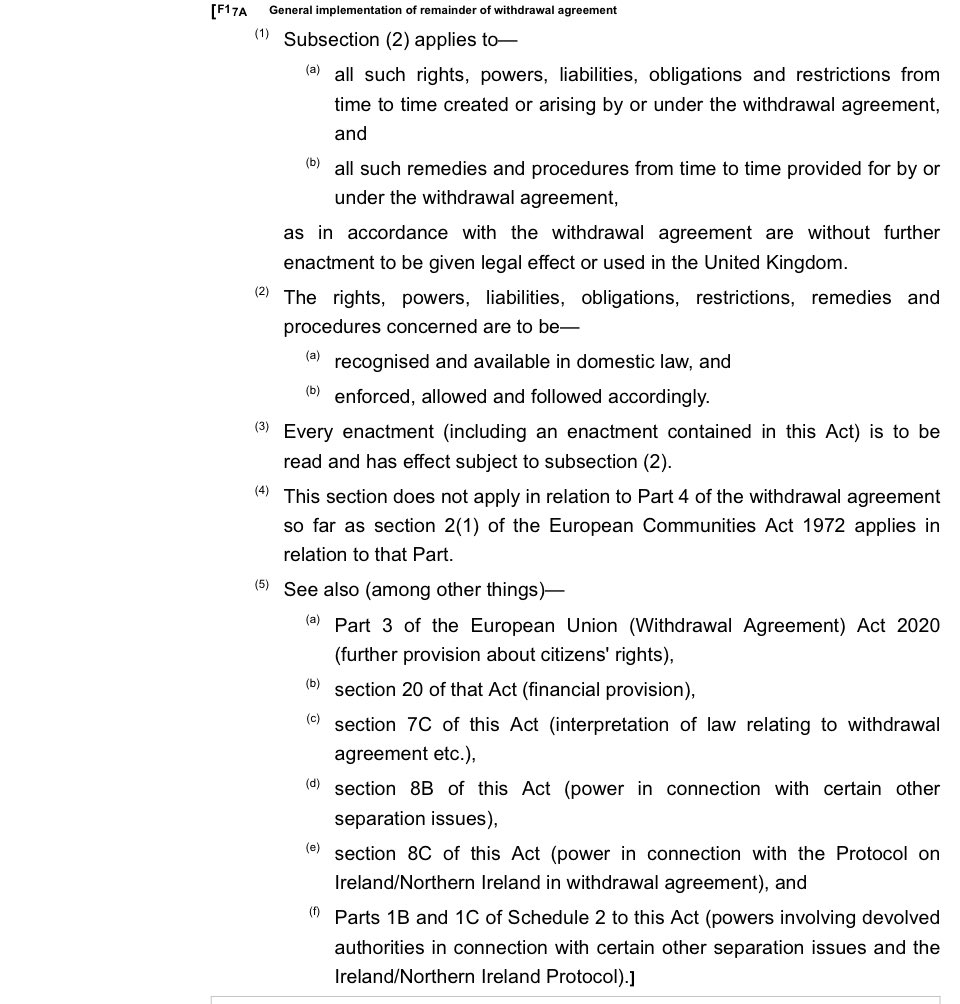
This would be a good quote for an exam question: are ministers more like bosses, or clients, of the civil service?
https://twitter.com/SteveBakerHW/status/1404701028625358849
A good answer would focus on the civil service code and on Part 1 of the Constitutional Reform and Governance Act 2010.
In favour of “boss”: Ministers’ power to manage the CS; the requirement that the CS code “to carry out their duties for the assistance of the administration as it is duly constituted for the time being, whatever its political complexion.” (ss.3(1) and 7(2)).
In favour of “client” (ie duty to follow instructions is subject to professional-type obligations): s7(4) - integrity, honesty, objectivity and impartiality; requirements for selection on merit and fair and open competition; code part of CS terms and conditions. (Ss 7(4), 5, 10).
A good “boss” will of course value objectivity, honesty, and impartiality. As one of the most competent “bosses” the CS has ever had said, on appointment of her chief civil servant:
“This judgement I have of you, that you will not be corrupted by any manner of gifts, and that you will be faithful to the State; and that without respect of my private will, you will give me the counsel you think best.” (Elizabeth I to Cecil, 1558)
And note, critically, that talk of the minister being the “boss” is - in a democratic society governed by law - dangerous. Ultimately we - through Parliament and through the law passed by Parliament - are “the boss”, not ministers.
That is not the society in which Elizabeth I and Cecil lived: but even she was careful to talk about faithfulness to “the State” and acknowledged a distinction between her position as Queen and her “private will”.
(The current government often behaves as if it would re-write Elizabeth I’s words as “with deference to my private will, give me that counsel that you think I want to hear”.)
https://twitter.com/jillongovt/status/1404756931038822400
(@jillongovt’s thread on today’s speech by @michaelgove on government and the CS is a must-read).
https://twitter.com/jillongovt/status/1404750222190952448
• • •
Missing some Tweet in this thread? You can try to
force a refresh





